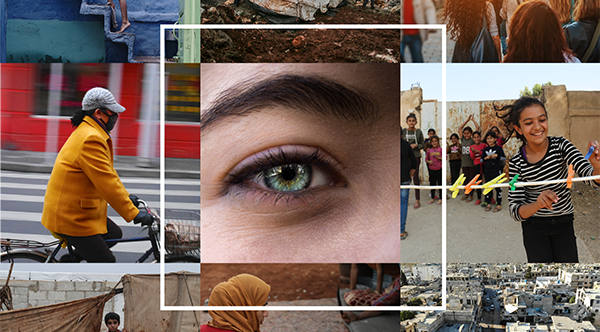Tag: Recovery
-

An update from Mami Mizutori, UN Secretary-General’s Special Representative for Disaster Risk Reduction — 25 June 2020
In the newsletter circulated by United Nations Office for Disaster Risk Reduction (UNDRR), UN Secretary-General’s Special Representative for Disaster Risk Reduction Mami Mizutori writes an update on the on-going efforts and initiatives by DRR Organizations and Advocates in the fight against COVID-19. There is worldwide recognition that the fight against COVID-19 will mainly take place…
-

‘Dogged pragmatism’ needed to save Ocean: UN Special Envoy
Author: UN News | Date: 2 June 2020 ‘Dogged pragmatism’ is needed to save the Ocean as the world grapples with the coronavirus pandemic, according to the UN Secretary-General’s Special Envoy for the Ocean. Peter Thomson, who hails from the Pacific Ocean island of Fiji, spoke to UN News ahead of World Oceans Day marked…